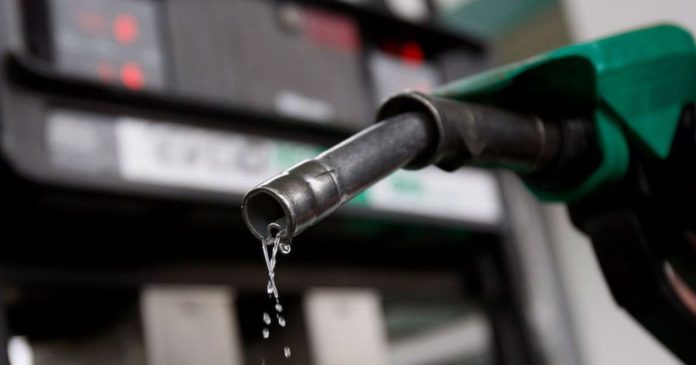Motorists in Lagos and Ogun states encountered long queues and frustration at the pump on Monday due to a disruption in fuel supply. The situation caused palpable tension in some parts of Lagos, particularly in areas like Ikotun, Akonwonjo Egbeda, and Igando.
While some fuel stations remained closed entirely, others witnessed a surge in activity with long queues forming. Correspondents observed that only a handful of stations, including Mobil outlets along the Ikotun-Idimu road and the Odo-Eran axis of the Isheri-Igando road, were dispensing fuel. Similarly, along the Egbeda-Akowonjo axis, only a single Nigerian National Petroleum Corporation Limited (NNPCL) outlet was operational.
The fuel scarcity extended beyond Lagos, impacting fuel stations along the Mowe-Ibafo axis of Ogun State as well. These stations were also reportedly not selling fuel at the time of the report.
The National Vice President of the Independent Petroleum Marketers Association of Nigeria (IPMAN), Mr. Hammed Fashola, attributed the disruption to a combination of factors. He acknowledged a pre-existing supply chain issue but highlighted the recent public holiday for Easter as a significant contributor.
“I think there’s a little disruption in supply,” Fashola explained. “The Easter holiday from Friday to Monday also added to the situation. I think from Wednesday it will ease off. The holiday being almost four days off will have its effect. But I’m sure by Wednesday it will start getting better. However, there was a little problem with supply even before the holiday. There was a little hiccup in supply, the holiday added to it. I’m sure things will start getting better after the holiday.”
This fuel scarcity is not an isolated incident. In February, motorists in Lagos faced similar challenges due to a strike by members of the National Association of Road Transport Owners (NARTO). Public anxieties around potential fuel scarcity during that strike resulted in long queues at filling stations.
The current situation serves as a reminder of the delicate balance between fuel supply and public demand. The hope, as expressed by Mr. Fashola, is that the disruption will be short-lived and normalcy will return by Wednesday. However, this incident underscores the need for improved communication and contingency plans to prevent such disruptions from causing undue hardship for motorists.


